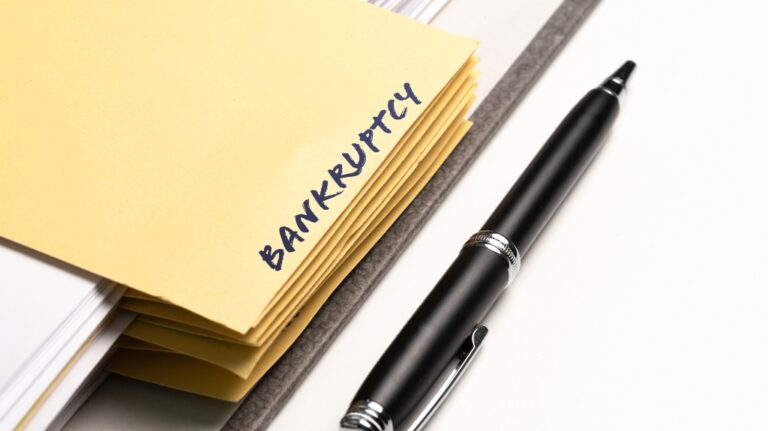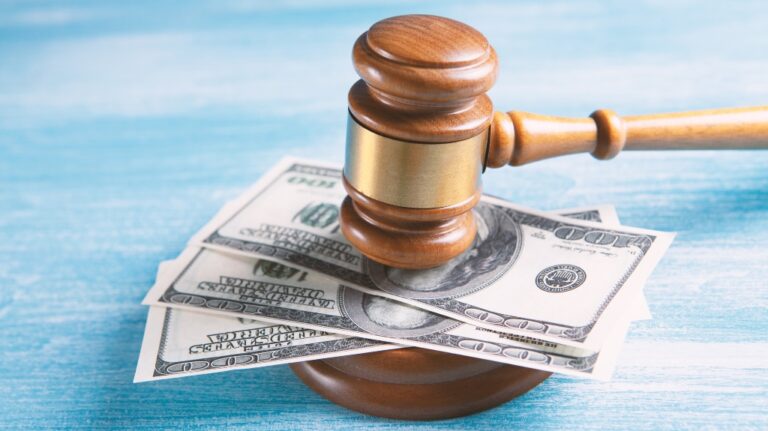If you’re struggling with overwhelming debt in South Carolina, bankruptcy may be a viable option to achieve financial relief. The process can seem daunting, but with the proper guidance, you can navigate it effectively. Lam Law Firm understands the financial stress debt can cause, and we’re here to help you explore your bankruptcy options.
Understanding the Different Chapters
There are two primary chapters of bankruptcy for individuals: Chapter 7 and Chapter 13. Each offers a distinct approach to debt relief:
- Chapter 7 Bankruptcy: Chapter 7 is often referred to as “liquidation” bankruptcy. In this chapter, the court appoints a trustee to sell non-exempt assets to pay back creditors a portion of what is owed. Any remaining debt is typically discharged, meaning you are no longer legally obligated to repay it. However, there are limitations on what assets can be exempt under South Carolina law, and some types of debt, like child support and student loans, cannot be discharged through Chapter 7.
- Chapter 13 Bankruptcy: Chapter 13 is a reorganization bankruptcy. Here, you’ll propose a repayment plan to the court, typically lasting three to five years. Your plan will allocate a portion of your income to pay back your creditors a percentage of what you owe. Once you complete the plan and make all required payments, the remaining eligible debt is discharged. Chapter 13 allows you to keep your property, making it a suitable option if you have assets you want to protect.
The South Carolina Bankruptcy Process
The bankruptcy process generally involves the following steps:
Gathering Necessary Documentation
Once you’ve decided which type of bankruptcy to pursue, the next step is to gather all necessary documentation. This includes a detailed list of your debts, assets, income, and expenses. It’s important to be thorough and accurate, as this information will be used to determine your eligibility for bankruptcy and to develop a repayment plan if you’re filing for Chapter 13. At Lam Law Firm, we assist our clients in collecting and organizing this crucial information to ensure a smooth filing process.
Completing a Credit Counseling Course
After gathering your documentation, you’ll need to complete a credit counseling course from an approved provider. This is a mandatory step in the bankruptcy process and must be completed within 180 days before filing your bankruptcy petition. The purpose of this course is to explore alternatives to bankruptcy and to help you develop a budget plan. Upon completion, you’ll receive a certificate that must be filed with your bankruptcy petition.
Filing Your Bankruptcy Petition
With your documentation in order and your credit counseling certificate in hand, you can now file your bankruptcy petition with the South Carolina Bankruptcy Court. This petition includes several forms that detail your financial situation, including schedules of assets and liabilities, a statement of financial affairs, and a summary of your income and expenses. Filing these documents officially starts the bankruptcy process and triggers an automatic stay, which stops most collection actions against you, including foreclosure, repossession, and wage garnishment.
Meeting the Bankruptcy Trustee
Once your petition is filed, a trustee will be appointed to oversee your case. The trustee’s role is to review your petition, ensure that it’s accurate and complete, and administer your bankruptcy estate. In a Chapter 7 case, the trustee will sell any non-exempt assets and distribute the proceeds to your creditors. In a Chapter 13 case, the trustee will review your proposed repayment plan and may suggest changes to ensure it complies with bankruptcy laws.
Attending the 341 Meeting of Creditors
You’ll also be required to attend a meeting of creditors, also known as a 341 meeting. This meeting allows the trustee and your creditors to ask you questions about your financial situation and the information in your bankruptcy petition. While this may sound intimidating, it’s usually a straightforward process, and your attorney from Lam Law Firm will be there to support you.
Finalizing the Bankruptcy Process
After the 341 meeting, if you’re filing for Chapter 7, you’ll wait for the trustee to complete their review and for the court to issue a discharge of your debts, typically within a few months. For Chapter 13 filers, you’ll begin making payments under your repayment plan, which the court must approve. Once you complete the plan, any remaining eligible debts will be discharged.
Seek Legal Guidance for South Carolina Bankruptcy
The South Carolina bankruptcy process has intricacies that legal counsel can help you navigate. Lam Law Firm’s experienced bankruptcy attorneys can guide you through each step, ensuring you make informed decisions and achieve a fresh financial start. Contact us today for a free consultation and discuss your options. Remember, you don’t have to face overwhelming debt alone.




